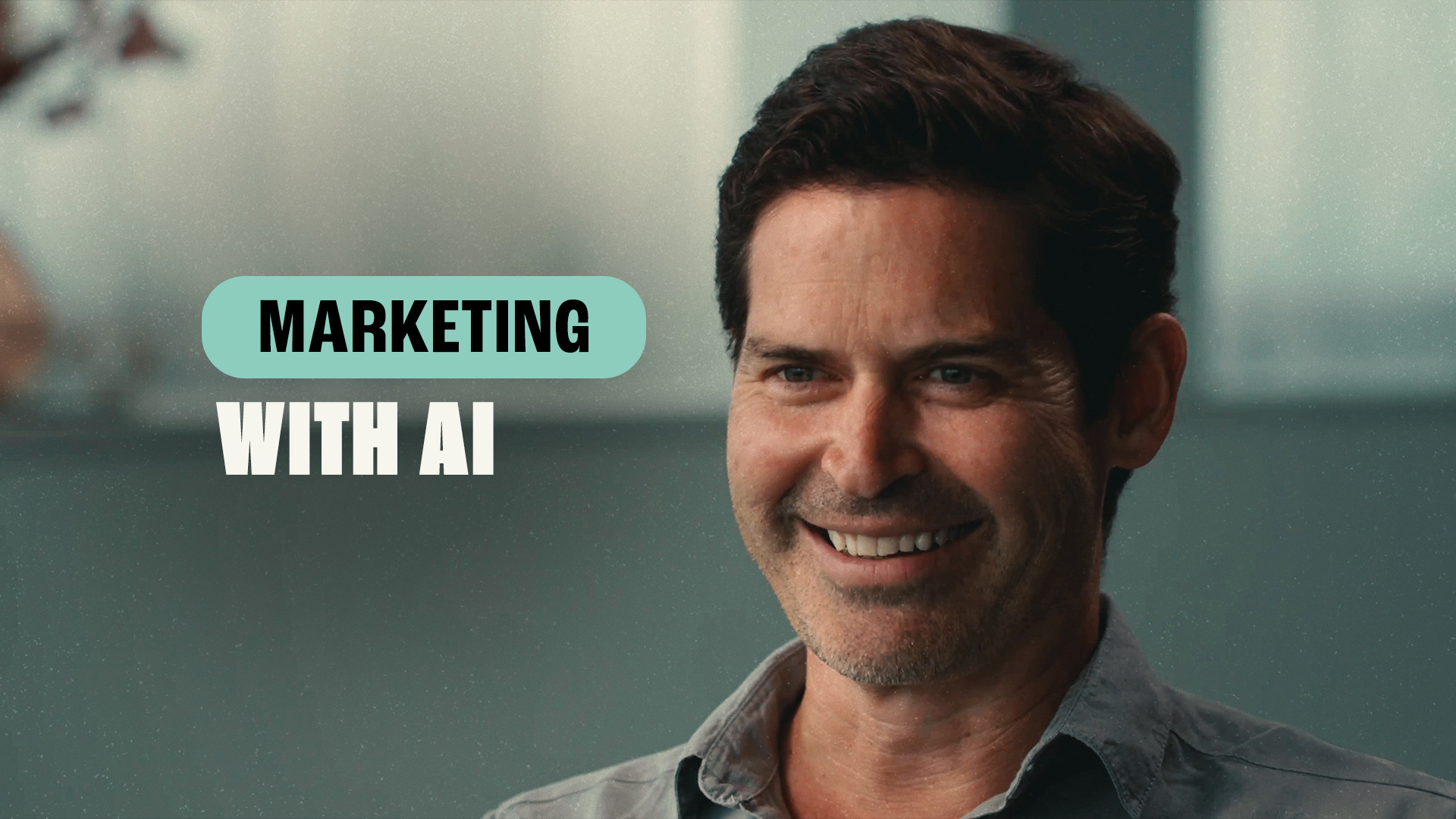In the rapidly evolving world of marketing, the advent of generative artificial intelligence (AI) is heralding a new era of innovation and disruption. Stephan Pretorius, Chief Technology Officer of WPP, recently delved into the profound implications of this technology on the marketing sector, highlighting its transformative potential and the challenges it brings.
The Rise of Generative AI
Generative AI is a subset of artificial intelligence that focuses on creating new content. Unlike traditional AI, which relies on pre-existing data to make decisions, generative AI uses neural networks to generate new ideas, images, and text. This capability is revolutionizing the way marketers approach content creation, offering unprecedented opportunities for personalization and creativity.
Opportunities in Marketing
– Enhanced Personalization: Generative AI enables marketers to create highly personalized content at scale. By analyzing consumer data, AI can generate tailored advertisements that resonate with individual preferences, increasing engagement and conversion rates.
– Creative Content Generation: With generative AI, marketers can automate the creation of various content forms, including text, images, and even video. This not only speeds up the content production process but also opens up new creative possibilities.
– Predictive Analytics: AI’s ability to analyze vast amounts of data allows marketers to predict consumer behavior more accurately. This insight helps in crafting strategies that are more aligned with consumer needs and market trends.
Challenges to Consider
While the potential benefits of generative AI in marketing are significant, there are also challenges that need to be addressed:
– Ethical Concerns: The automation of content creation raises questions about authenticity and transparency. Marketers must ensure that AI-generated content is clearly identified as such to maintain consumer trust.
– Data Privacy: The use of consumer data to fuel AI algorithms necessitates stringent data privacy measures. Companies must comply with regulations such as GDPR to avoid potential legal issues.
– Bias in AI Models: AI models can inadvertently perpetuate existing biases present in training data. Marketers must be vigilant in ensuring that AI systems are trained on diverse and representative datasets.
The Future of AI in Marketing
The integration of generative AI into marketing strategies is still in its nascent stages, but its influence is expected to grow exponentially. As AI technology continues to advance, it will likely become a cornerstone of marketing efforts, driving innovation and efficiency.
The Role of Marketers
In this new landscape, the role of marketers is evolving. Rather than being replaced by AI, marketers are becoming more strategic, focusing on areas where human creativity and insight are irreplaceable. They are tasked with guiding AI systems, ensuring they align with brand values and consumer expectations.
Conclusion
As generative AI continues to reshape the marketing industry, companies that embrace this technology will be better positioned to adapt to the changing consumer landscape. However, it is crucial for organizations to navigate the ethical and practical challenges that accompany AI adoption carefully. For more updates, visit martechtrend.com.
Note: This article is inspired by content from https://www.bloomberg.com/news/videos/2025-04-24/how-ai-could-change-the-advertising-business-video. It has been rephrased for originality. Images are credited to the original source.










Leave a Reply